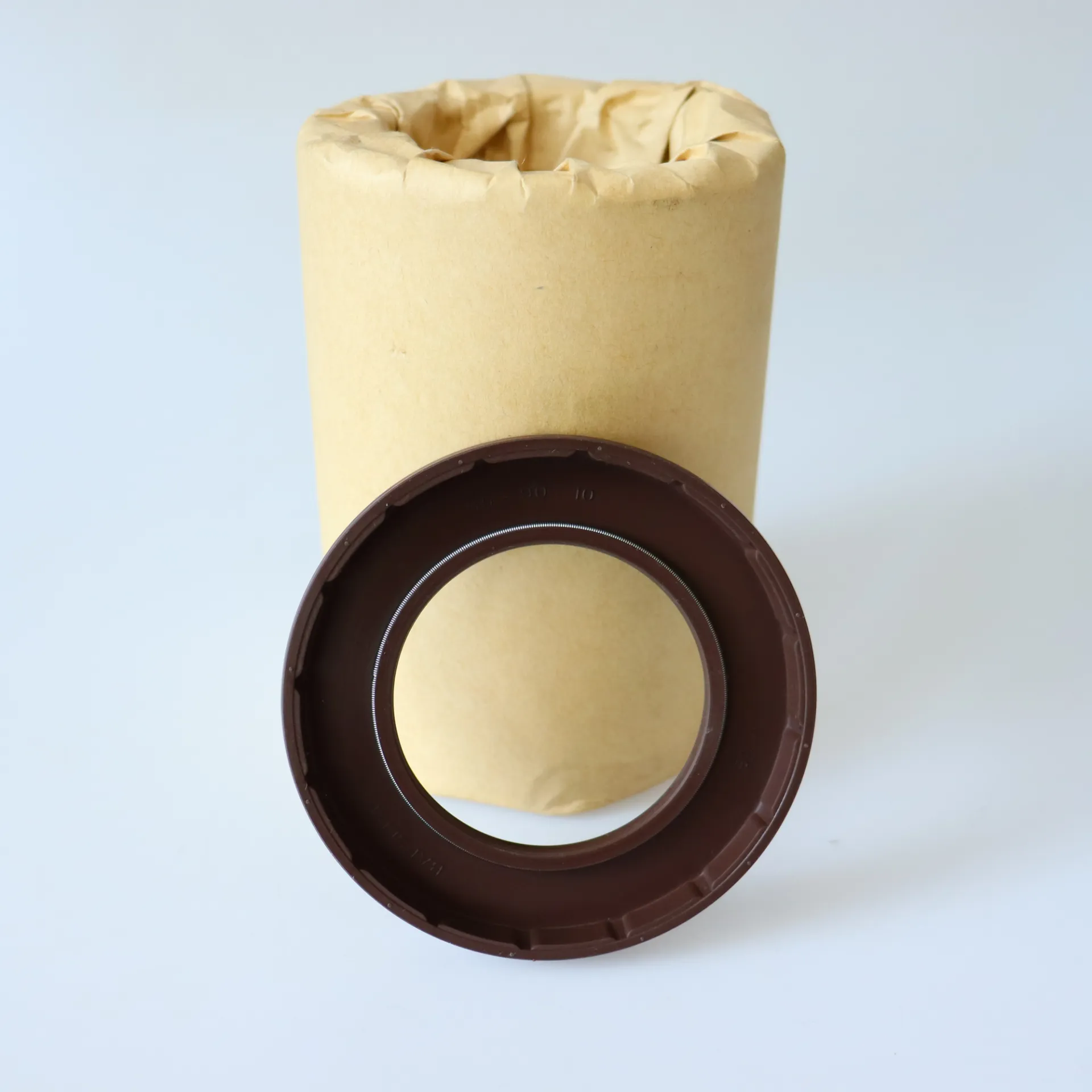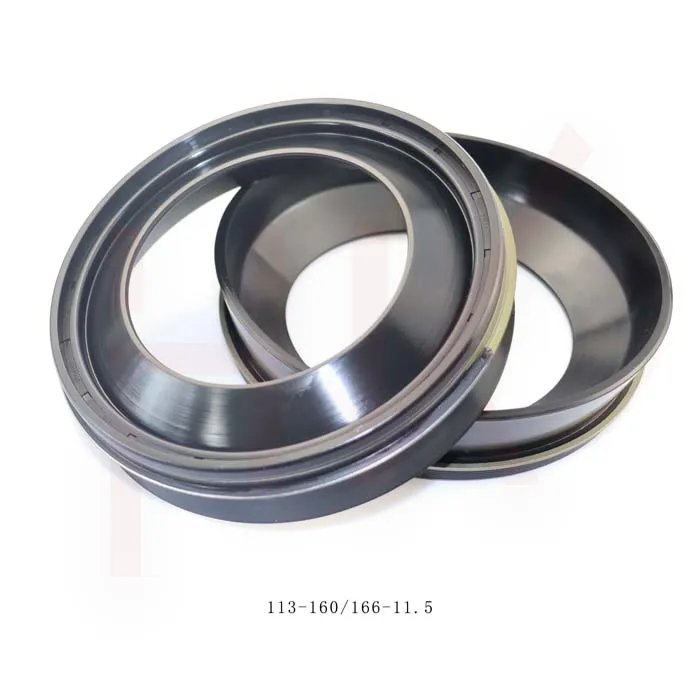Sep . 15, 2024 22:11 Back to list
Hydraulic Cylinder Seal Kit Materials - High-Quality Sealing Solutions
The Importance of Material Selection in Hydraulic Cylinder Seal Kits
Hydraulic systems are integral to numerous industries, from manufacturing to construction, and their efficiency largely depends on the proper functioning of hydraulic cylinders. At the heart of these cylinders are seal kits, which play a crucial role in maintaining pressure, minimizing fluid leakage, and ensuring smooth operation. One of the most critical aspects of these seal kits is the material used in their construction. Choosing the right material directly impacts the performance, longevity, and reliability of hydraulic cylinders.
Material Types and Their Properties
Typically, hydraulic cylinder seal kits are made from a variety of materials, each possessing unique properties that suit specific applications
. Common materials include Nitrile (Buna-N), Polyurethane, Viton (FKM), and EPDM (Ethylene Propylene Diene Monomer).1. Nitrile (Buna-N) This is the most widely used material for hydraulic seals due to its excellent resistance to petroleum-based fluids. It can withstand a temperature range of -30°C to 100°C, making it suitable for many hydraulic applications. However, it does have limitations when exposed to high temperatures or certain chemicals.
2. Polyurethane Known for its superior wear resistance and elasticity, polyurethane seals can handle higher pressures and offer excellent sealing performance in dynamic applications. They are often used in applications where longevity is crucial, but they may not be the best choice for environments with high temperatures or aggressive chemicals.
3. Viton (FKM) Viton seals exhibit exceptional resistance to heat and chemicals, making them ideal for harsh environments. They can endure high temperatures (up to 200°C) and are suitable for applications involving aggressive fluids. However, their higher cost compared to other materials can be a drawback.
hydraulic cylinder seal kit material

4. EPDM This synthetic rubber is known for its excellent weather and ozone resistance. It can handle a wide range of temperatures and is compatible with many water-based fluids. However, EPDM is not suitable for use with petroleum-based oils or fuels.
The Impact of Material on Performance
The choice of material for hydraulic cylinder seal kits significantly affects system performance. Appropriate seals prevent fluid leakage, maintain system pressure, and contribute to the overall efficiency of the machinery. Conversely, using the wrong material can lead to premature seal failure, resulting in costly downtimes and repairs.
In addition, the right material can enhance the longevity of the seals, thereby reducing the frequency of replacements and maintenance. This not only leads to lower operational costs but also contributes to a more sustainable approach by minimizing waste.
Conclusion
In conclusion, the selection of the right material for hydraulic cylinder seal kits is paramount for ensuring optimal performance and reliability. It is essential for engineers and procurement professionals to consider the specific application, operating environment, and fluid compatibility when choosing seal materials. By doing so, they can ensure that hydraulic systems operate efficiently, safely, and with maximum durability, ultimately enhancing productivity across various industries.
-
Reliable Oil Seal Wheel Hub Solutions for Industrial & Automotive Use
NewsNov.17,2025
-
Durable Front Hub Oil Solutions for Industry – HKAiSeal
NewsNov.17,2025
-
Wholesale Hydraulic Pump Motor Seal Kit A4VSO250 | In Stock
NewsNov.17,2025
-
Pump Seal Kits: Essential Components for Industrial Reliability
NewsNov.17,2025
-
TCV Oil Seal - Double-Lip, Spring-Loaded, High Temp & Wear
NewsNov.17,2025
-
Hydraulic Seal Kits: Reliable Solutions for Industrial Equipment
NewsNov.17,2025
-
Combined oil seal 659214 12001903B, fits 119990, NBR OEM
NewsNov.17,2025
Products categories
















